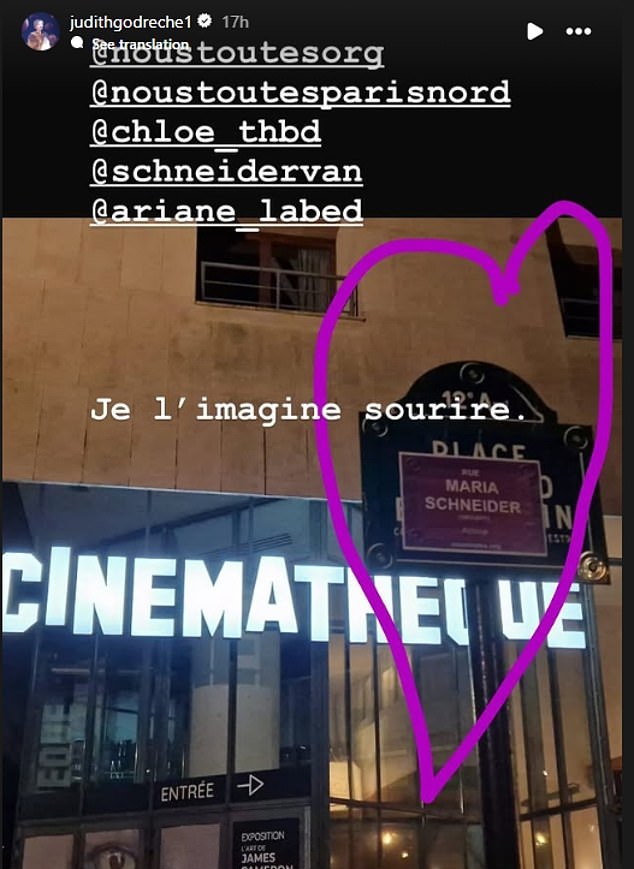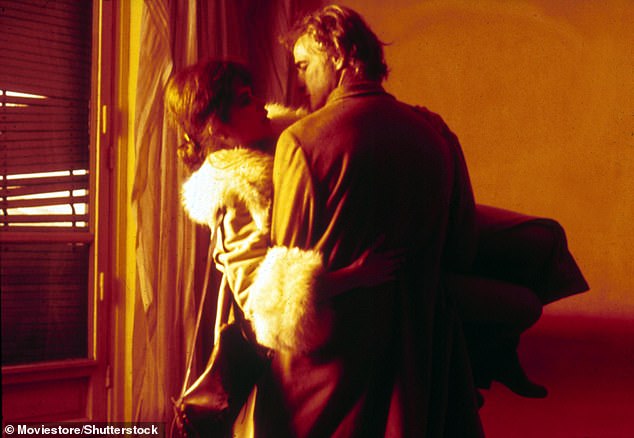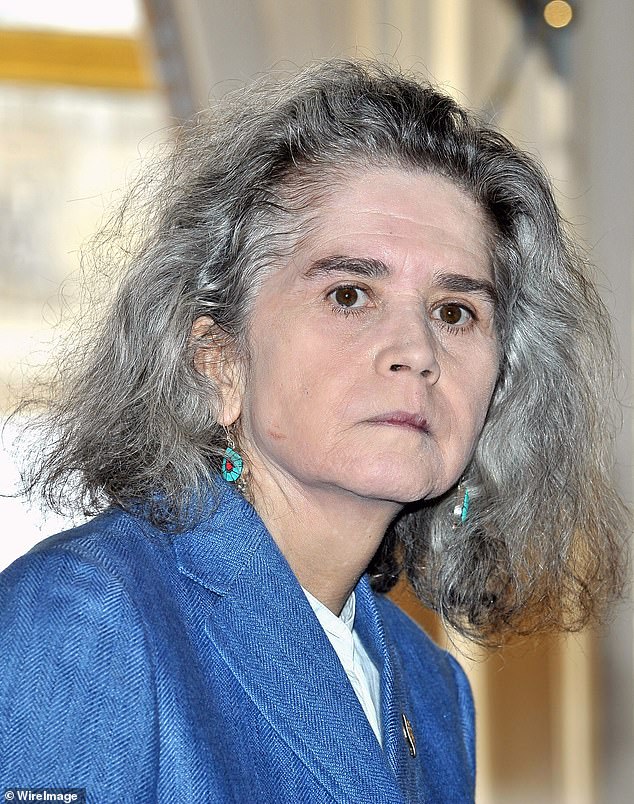Screening of Last Tango in Paris featuring rape scene shot without actress’ consent must be halted after organizers receive ‘violent threats’
A screening of Last Tango in Paris, which featured a rape scene filmed without the consent of actress Maria Schneider, has been canceled at a cinema in the French capital following protests from women’s rights groups.
The Cinémathèque Francaise, a film archive and cinema partly funded by the state, announced the decision to cancel Sunday’s screening to “calm tensions and in light of potential security risks.”
‘We are a cinema, not a fortress. We cannot take any risks with the safety of our staff and audiences,” Cinémathèque director Frederic Bonnaud told AFP on Sunday.
‘Violent individuals started making threats and holding this screening and debate posed a completely disproportionate risk. So we had to let it go,” he added.
Campaigners have responded to the claims, saying their planned protests posed no security threat and would have been peaceful.
“Last Tango in Paris,” directed by Italian director Bernardo Bertolucci in 1972, was scheduled to be shown Sunday evening as part of a retrospective of the work of American actor Marlon Brando.
Actress Judith Godreche, a prominent figure in France’s #MeToo movement, led criticism over the decision to show the film without providing context to viewers, which she said disrespected the memory of Schneider, who died in 2011.
She said that instead of honoring Brando’s memory, Schneider’s career and life should be remembered.
Schneider starred in the controversial film alongside American superstar Marlon Brando, who was 48 years old at the time of filming

Actress Judith Godreche, a prominent figure in France’s #MeToo movement, posted a photo on Instagram showing a sign above the street name where The Cinematheque is located, renaming it after Schneider in protest.
“It’s time to wake up, dear Cinémathèque, and restore the humanity of 19-year-old actresses (Schneider’s age at the time of filming) by acting human,” she wrote.
The film explores the relationship between an American widow in Paris and a much younger woman, culminating in a non-consensual sodomy scene.
While the sex was simulated, it later emerged that Schneider had been kept in the dark about what would happen by Brando and Bertolucci, both of whom were later nominated for Oscars.
“I didn’t want Maria to express her humiliation and anger,” Bertolucci said in shocking comments at the time. ‘I wanted Maria to feel the anger and humiliation and not act. Then she hated me all her life.”
Schneider later said she cried real tears during filming and Brando did not console her afterward.
After the vulgar scene, Schneider told the Daily Mail in 2007, four years before her death, that she felt “a little raped” by Brando and Bertolucci.
“I should have called my agent or had my lawyer come to the set because you can’t force someone to do something that’s not in the script,” she said.
‘Marlon said to me, “Maria, don’t worry, it’s just a movie,” but during the scene I cried real tears, even though what Marlon did wasn’t real.’
Her accusations, first made in the 1970s, were largely ignored, as explored in the recent documentary “Maria.”

After the harrowing and disturbing rape scene, Schneider said she felt like she had instantly become a sex symbol, admitting that it “drove me a little crazy.”
The 50/50 collective, which advocates gender equality in cinema, had also called on the Cinémathèque to provide a “thoughtful and respectful” place for Schneider’s testimonies and experiences alongside the screening.
Casting director Sophie Diodovic denounced the decision, saying: ‘Too bad! Instead of organizing a discussion and contextualization of the film, La Cinématheque prefers to cancel the screening!!
‘Are feminists dangerous for security?’ No feminist demonstration has ever been violent!! Gross misogyny!!!!’
The Cinémathèque had promised on Friday to hold a ‘discussion with the audience’ about the issues raised by the film.
Bonnaud pointed out that the film had been shown “without incident” at the Cinémathèque in 2017 – before the #MeToo campaign put a spotlight on widespread attention to violence against women.

Actress Maria Schneider received an award from the Ministry of Culture on July 1, 2010 in Paris
Schneider spent much of her life as an advocate for actresses who found themselves in similar situations to the one she found herself in in the 1970s: a newcomer exploited by powerful male figures.
Later in his life, Schneider appeared at a film festival where Bertolucci was also present.
The organizers tried to reunite the director and star, but she refused. “I don’t know that man,” she said.
Schneider died in Paris on February 3, 2011, at the age of 58, after a long battle with cancer.
